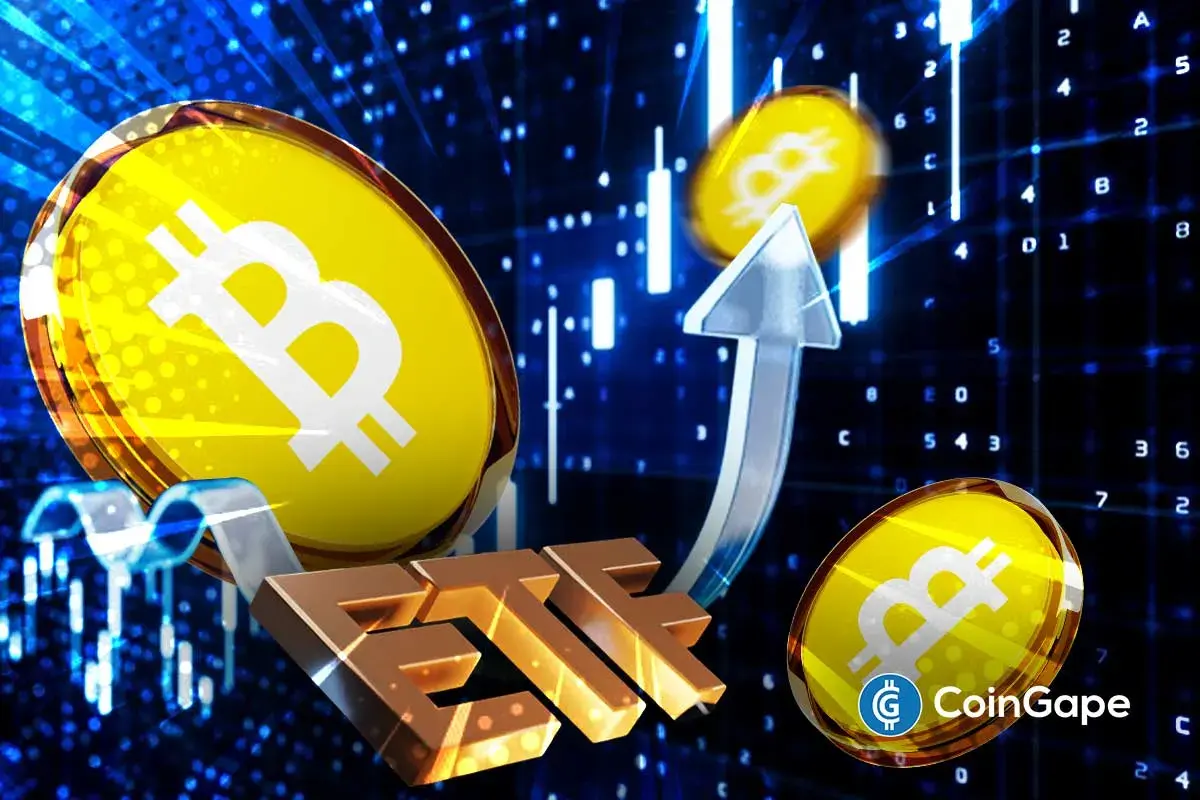Debt Box Case Highlights Government Overreach

The legal skirmish between the Securities and Exchange Commission (SEC) and fintech company Debt Box has intensified, drawing public attention to potential issues of government overreach. The SEC has accused Debt Box of defrauding investors of over $50 million, but the case has been complicated by the SEC’s admission of presenting false statements in court.
Admission of False Statements by SEC
The controversy reached a critical point when the SEC acknowledged that its legal team made incorrect declarations during a July 28 hearing. This admission came after the agency had already secured a restraining order and an asset freeze against Debt Box, significantly impacting the company’s operations.
The Debt Box defendants, including Jason Anderson, Jake Anderson, Schad Brannon, and Roy Nelson, have suffered considerable personal and professional repercussions due to these actions. Reports indicate that they faced home visits by armed U.S. Marshals and significant psychological distress following the freezing of their bank accounts and loss of business relationships.
Impact on Debt Box and Wider Implications
The fallout from the SEC’s actions extends beyond the confines of the courtroom. The Temporary Restraining Order (TRO) led to the shutdown of the Debt Box platform, affecting its vast user base spanning over 130 countries. This shutdown disrupted the platform’s services and caused the associated token’s market value to drop by more than 56%. This decline in value inflicted financial losses on innocent token holders not implicated in the alleged misconduct.
The Debt Box case draws comparisons to the SEC’s lawsuit against LBRY, a blockchain-based file-sharing network. In 2022, the SEC charged LBRY with violations of federal securities laws concerning the sale of LBRY credits (LBC). Despite LBRY’s stance that LBC was not a security, a New Hampshire Judge ruled in favor of the SEC, leading to LBRY’s eventual shutdown.
Examination of Regulatory Practices
These cases have prompted a broader examination of the SEC’s regulatory practices, with critics like prominent XRP lawyer John E. Deaton voicing concerns about potential government overreach. The acknowledgment by the SEC of presenting false statements in the Debt Box case adds fuel to these concerns, highlighting the need for greater scrutiny and accountability in regulatory actions.
While the legal proceedings against Debt Box continue, the case is a pivotal example of the complex interplay between regulation and innovation in the fintech sector. It also underscores the significant impact of regulatory actions on businesses and individuals, extending far beyond legal penalties to include substantial personal and economic consequences.
Read Also: DeSantis Behind Trump in Iowa; Is His Crypto Policy a Factor?
Play 10,000+ Casino Games at BC Game with Ease
- Instant Deposits And Withdrawals
- Crypto Casino And Sports Betting
- Exclusive Bonuses And Rewards

- Institutional Re-Accumulation Signs Emerge as Bitcoin ETFs See $1.1B Net Inflows Since Iran War Began: Glassnode
- From Mining Pool to Infrastructure Platform: Nine Years of EMCD
- U.S.-Iran War: U.S. Oil Prices Spike To One-Year High, Bitcoin and Gold Dip
- Crypto Traders Bet Against U.S.-Iran Ceasefire This Month as Iran Denies Peace Talks
- Ripple Prime Adds Support For Bitcoin, Ethereum, XRP, Solana Derivatives on Coinbase
- HOOD Stock Targets $100 as Robinhood Unveils Platinum Card and Advance Dividend Feature
- Bitcoin Price Prediction if Donald Trump Signs the CLARITY Act on April 3, 2026
- Pi Network Price As BTC Rallies Above $74K: Can PI Coin Extend Gains to $0.30?
- XRP Price As Bitcoin Reclaims $74K- Is $5 Next?
- Dogecoin Price Outlook as BTC Recovers Above $73,000
- XRP Price Prediction as Iran-U.S. Peace Talks Trigger a Crypto Rally


 Buy $GGs
Buy $GGs

















